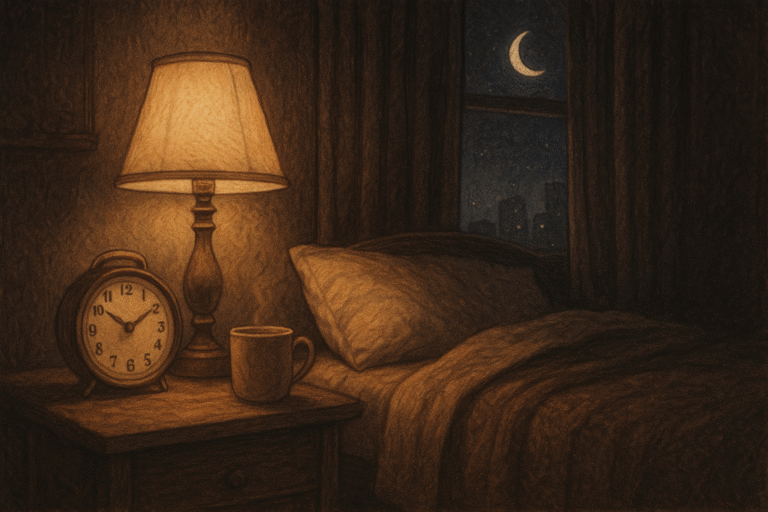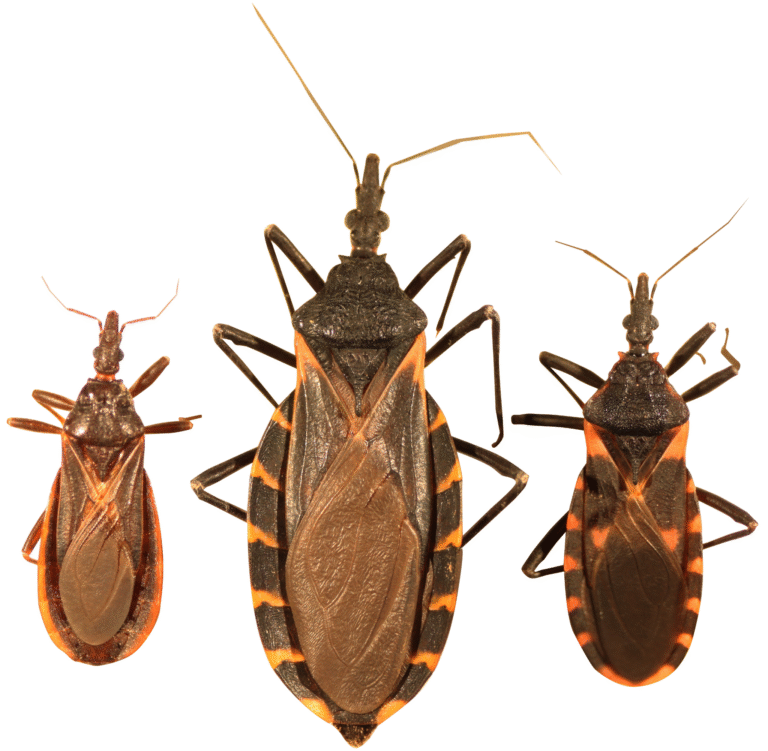Understanding Seasonal Allergies
Seasonal allergies, often known as hay fever or allergic rhinitis, occur when your immune system overreacts to airborne substances such as pollen, mold spores, or pet dander. These allergens trigger the release of histamines in your body, resulting in the uncomfortable symptoms we all dread.
Common Symptoms of Seasonal Allergies
- Runny or stuffy nose
- Itchy, watery eyes
- Sneezing fits
- Coughing
- Fatigue
- Sinus pressure or headaches
Primary Triggers of Seasonal Allergies
- Pollen: From trees, grasses, and weeds, especially during spring and fall.
- Mold Spores Flourish in damp, humid conditions.
- Dust Mites and Pet Dander: Although these are perennial allergens, their symptoms often worsen during allergy seasons.
Understanding what triggers your symptoms is the first step toward effective relief.
Preventive Measures to Reduce Allergy Symptoms
Prevention is always better than cure. While avoiding allergens entirely is nearly impossible, you can significantly reduce your exposure with the following tactics.
1. Monitor Pollen Counts
Keep an eye on daily pollen forecasts from trusted sources like the National Allergy Bureau or local weather apps. Pollen counts are usually higher in the morning and on dry, windy days.
2. Keep Indoor Air Clean
- Use HEPA Filters: High-efficiency particulate air (HEPA) filters trap pollen, dust, and pet dander effectively.
- Maintain Humidity Levels: Keep indoor humidity between 30% and 50% to prevent mold growth.
- Air Purifiers: Investing in a high-quality air purifier can make a substantial difference in reducing airborne allergens.
3. Limit Outdoor Exposure
- Stay indoors on high-pollen days, particularly during early mornings.
- Shower and change clothes after spending time outdoors to avoid bringing allergens into your home.
- Keep windows and doors closed, especially during peak allergy seasons.
Natural Remedies to Alleviate Allergy Symptoms
Sometimes, nature provides the best solutions for fighting allergies. Try these natural remedies to ease your symptoms.
1. Saline Nasal Irrigation
Rinsing your nasal passages with a saline solution helps clear out allergens and reduce congestion. Neti pots and saline sprays are commonly used and highly effective.
2. Local Honey
Consuming local honey daily may help your body gradually build immunity to local pollen, although scientific backing for this method remains limited.
3. Herbal Remedies
- Butterbur: A natural anti-inflammatory herb that may help relieve symptoms.
- Quercetin: A flavonoid found in onions, apples, and berries that acts as a natural antihistamine.
- Stinging Nettle: Often used in supplement form to reduce inflammation and histamine response.
4. Essential Oils
Using eucalyptus or peppermint essential oils can help clear nasal passages and improve breathing. Always dilute oils before application or opt for a diffuser.
Effective Medical Treatments
If natural remedies and preventive measures aren’t cutting it, there are several medical options available to provide relief.
1. Antihistamines
Over-the-counter antihistamines like Claritin, Zyrtec, and Allegra are designed to block histamines and relieve symptoms quickly.
2. Nasal Corticosteroids
Prescription nasal sprays such as Flonase and Nasonex reduce inflammation and congestion effectively when used consistently.
3. Decongestants
Pills or nasal sprays such as Sudafed can provide temporary relief from nasal congestion but shouldn’t be used for extended periods.
4. Immunotherapy
For persistent symptoms, allergy shots or sublingual tablets (placed under the tongue) can gradually desensitize your immune system to specific allergens over time.
Lifestyle Changes That Can Help
Small tweaks to your daily routine can have a big impact on managing your symptoms.
1. Shower Frequently
Washing pollen from your hair and skin prevents allergens from settling in your home.
2. Change Your Diet
Anti-inflammatory foods like fish, leafy greens, and nuts can strengthen your immune system and reduce allergic reactions.
3. Exercise Indoors
Staying active is crucial, but exercising outdoors during high-pollen periods can worsen your symptoms.
4. Wear Sunglasses and Masks
Sunglasses can protect your eyes from airborne allergens, while masks filter pollen from the air you breathe.
Conclusion
Seasonal allergies don’t have to ruin your life. With a balanced approach combining preventive measures, natural remedies, medical treatments, and lifestyle changes, you can keep your symptoms under control and enjoy the beauty of nature without misery. Make sure to consult your healthcare provider if symptoms persist or worsen.
FAQs
1. What foods should I avoid during allergy season?
Avoid dairy, processed foods, and sugary snacks as they can increase inflammation and worsen symptoms.
2. How can I tell if it’s allergies or a cold?
Colds often come with fever and body aches, while allergies are associated with itching, watery eyes, and consistent symptoms that last for weeks.
3. Can seasonal allergies develop later in life?
Yes, allergies can appear at any age, even if you never had them.
4. Is it safe to use nasal sprays long-term?
Some nasal sprays, especially corticosteroids, are safe for long-term use if prescribed by a doctor. Decongestant sprays, however, should only be used short-term.
5. Do allergy shots work?
Yes, immunotherapy can be highly effective, especially for those who do not respond well to standard treatments. Read more







